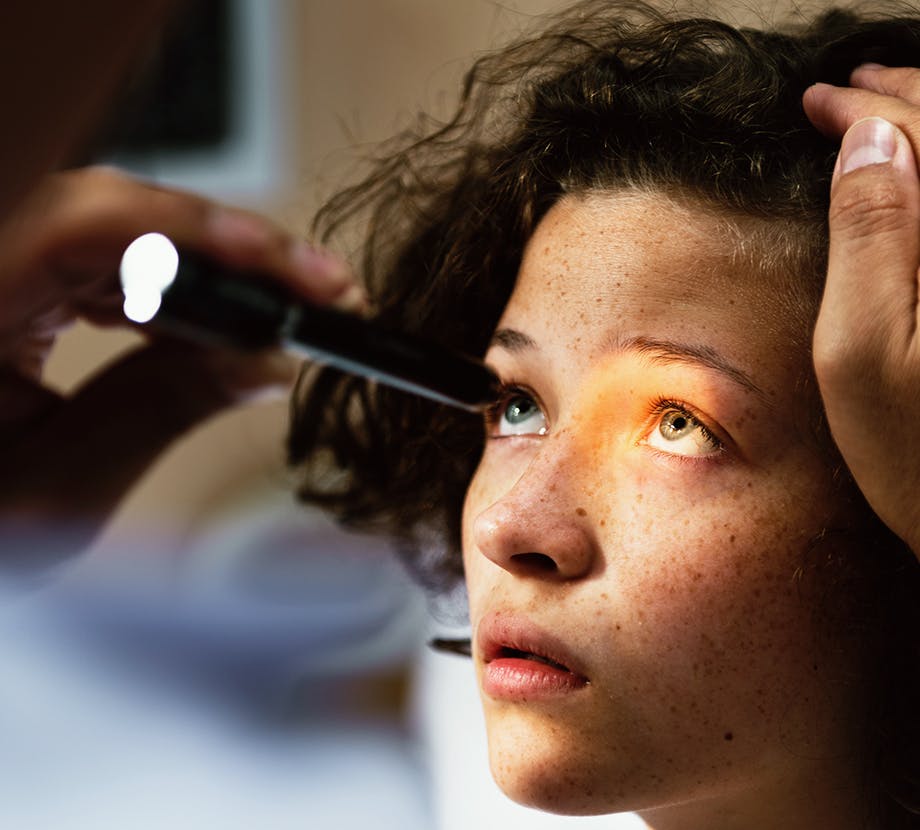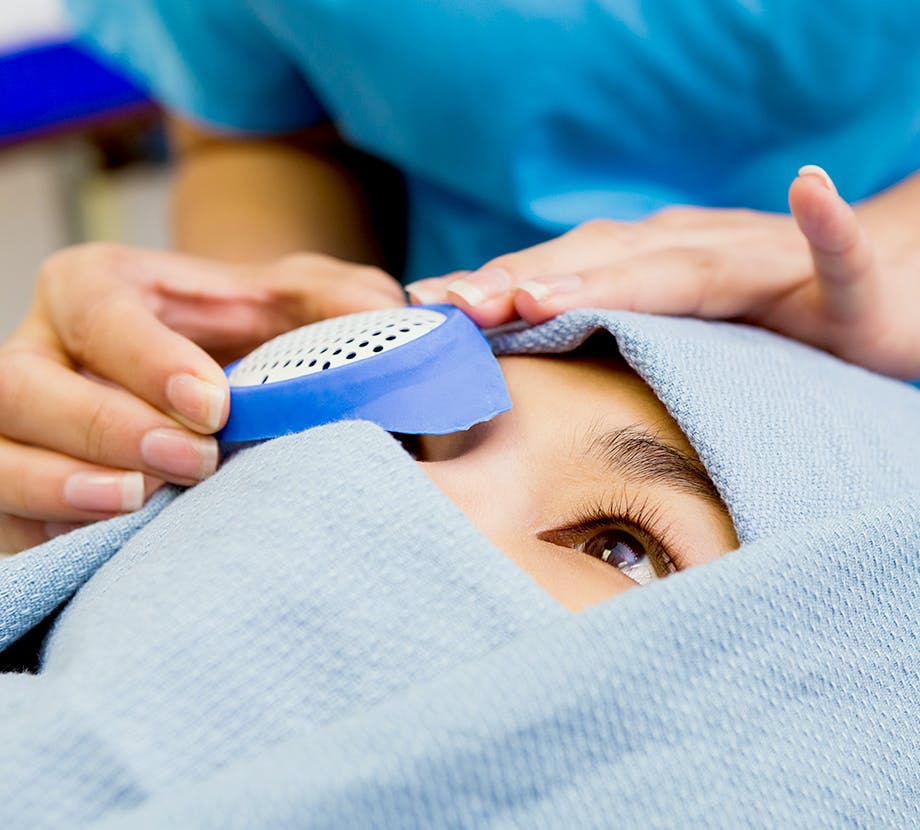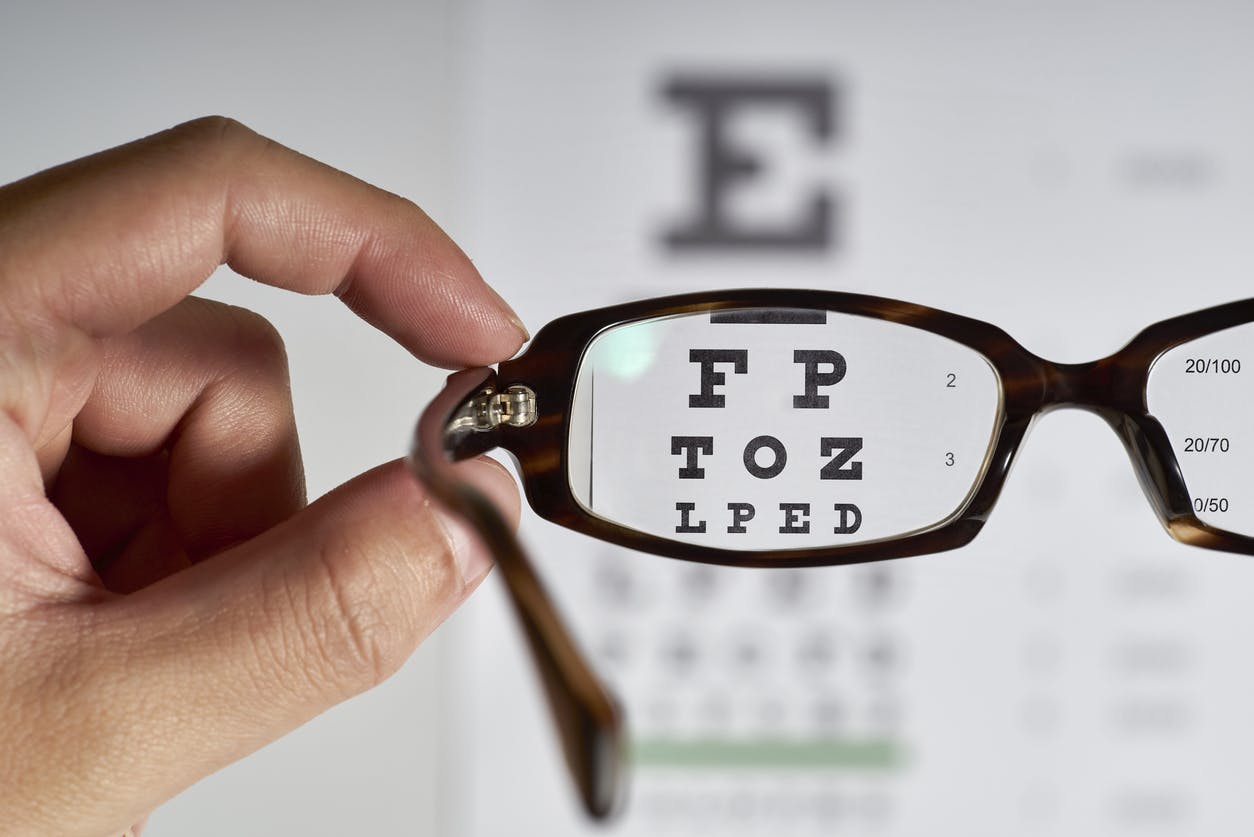Understanding Cataract Surgery and Its Prevalence
As a medical malpractice law firm, we can tell you that there are approximately three to five million people getting cataract surgery every year. Cataracts usually start in the late fifties and progress until death. If untreated, it will cause blindness.
The early signs and symptoms of cataracts are as follows:
- Dimming of vision
- Hazing and shadows
- Blurring of vision
These will get progressively worse with time.

What is a Cataract?
All of us are born with a natural lens (crystalline) in our eyes. It is located directly behind the iris. It is encased in a capsule and held in place by ligaments (zonules). At this time, the lens is soft, pliable and transparent. It can be changed in thickness by the motion of the ligaments, thus giving the eye the ability to change focus from far to near(accommodation). As a person ages, the lens will begin to harden (Sclerose).
At approximately the age of 40, the lens will have hardened sufficiently to require reading glasses for loss of flexibility. As further aging occurs the lens will continue to harden and discolor. By the late fifties, the lens may begin to become less transparent and begins to become opaque.
There is no telling at what point the lens will have aged sufficiently to cause loss of clarity of vision. Shadows and haziness may also occur. Unless surgically intervened, it will lead to blindness. The surgery will generally consist of the removal of the defective natural lens and the replacement of that lens with an artificial one.
In recent years the majority of cataract surgeries within the United States are done by using two distinct methods. One is called phacoemulsification cataract surgery and the other is called laser-assisted (femtosecond laser) cataract surgery. Laser-assisted cataract surgery is the most recent development.
Phacoemulsification surgery in New York
With this technique, a knife is used to make a small incision in the cornea (the transparent window in the front of the eye). A fiber optic is then inserted through the incision to cut the front surface of the capsule. An ultrasound device is then inserted to emulsify the defective natural lens.
After which the emulsified lens particles are vacuumed out and a new artificial lens is inserted into the capsule. This is the basis of modern cataract surgery.
More recently, a femtosecond laser (FS laser) may be used which will do the same thing a phacoemulsification technique does but without the use of a knife. The following is a copy of a usual consent agreement supplied to the patient to sign before femtosecond surgery:
The femtosecond laser (FS laser) is a medical tool the eye surgeon may use to perform some of the steps of cataract surgery. The eye surgeon uses the laser instead of a surgical blade and other tools. The laser makes a cut in the cornea (the front window of the eye). It is also used to make a circular opening in the outer layer of the cataract capsule. It can help break up the cataract.

The FS Laser can also treat Astigmatism during the Cataract surgery
Astigmatism causes blurry vision. Normally, eyes are round (like a baseball). With astigmatism, the eye is long (like a football).
Glasses can treat this, or eye surgeons can treat astigmatism during cataract surgery by making a cut in the cornea to change its shape. This cut is called a relaxing incision.
You have to pay extra for a relaxing incision. Medicare and private insurance do not pay for this.
Schedule A Consultation
Contact UsThere may be more risk if the FS Laser is used after Refractive Surgery
Refractive surgery is a procedure that makes you see better (improves your refraction) by changing the shape of the cornea, the clear front of the eye. The FS laser uses suction.
If you have had a type of refractive surgery called LASIK, the suction could open up or move the flap. If you have had other refractive surgeries called AK or RK, the suction could open up the old wound. If the flap or the wound is opened up or moved, this can cause leaking, astigmatism or scarring.
The use of the FS Laser on patients who have had Refractive Surgery is considered "off-label"
This means that the U.S. Food and Drug Administration (FDA) approved the laser for cataract surgery on the eyes of patients who have not had refractive surgery.
When eye surgeons use the laser during cataract surgery on patients who have had refractive eye surgery, its use is considered “off-label.” Your usual outcome after surgery may not be as good if these problems happen.
What are the risks?
As with all surgical and medical procedures, problems can happen. In addition to all the risks of cataract surgery, here are some common or serious risks for the FS laser.
The cornea could be scratched. You could have an infection, bleeding, damage to your eye, fluid leakage from the eye or increased eye pressure.
More time may be needed to perform the surgery. You may need to be taken to two different locations or two different rooms to perform the surgery.
The cuts into the cornea and the cataract might be off-center, incomplete, or broken up. If this happens, the FS laser can be used again or the eye surgeon can use a blade to cut the cornea.
The sack containing the cataract might tear allowing pieces of the cataract to move into the back of the eye. If this happens, you may need another surgery called a vitrectomy to remove the cataract pieces.

Malpractice and negligence as a result of Cataract Surgery
- The power of the intraocular lens (artificial lens or IOL) is improperly prescribed will cause blurred vision and halos.
- IOL is improperly positioned causing hazing, shadows, photophobia, and blurry vision.
- Lens fragments escaping through a tear through the back surface of the capsule and entering the vitreous (viscous fluid filling the rear chamber of the eye). If these fragments are not removed as soon as possible, they can cause retinal detachment, serious infection, and hemorrhage. The patient will experience pain, severe loss of visual acuity, shadows and photophobia.
Contact the Law Offices of Michael S. Lamansoff, PLLC
Anyone experiencing a poor outcome after cataract surgery, which cannot be improved medically, should contact the New York City personal injury lawyers at the Law Offices of Michael S. Lamonsoff, PLLC, for a free consultation with an eye professional to determine whether or not they have cause for legal action.
To arrange a free initial consultation, contact us online or call our office at any time.
We provide full-service legal counsel to anyone who has suffered injury or illnesses because of the careless or negligent acts of others. We gather, evaluate, and preserve all evidence to support your claim. We will prepare and file all necessary documents and pleading required by the courts. We handle all personal injury claims on a contingency basis. We won’t charge attorney fees unless we recover compensation for your losses.

